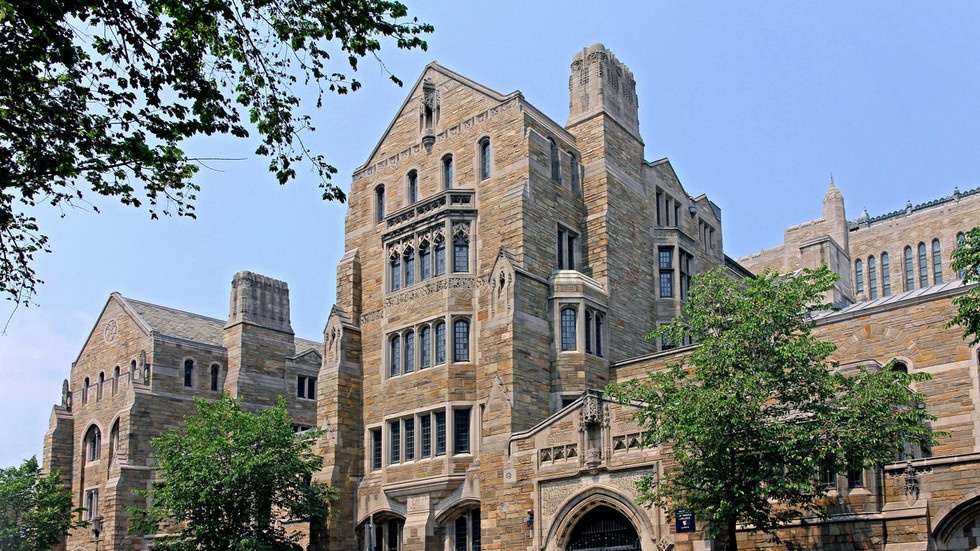Nigeria’s inflation rate has slowed for the seventh consecutive month, with the National Bureau of Statistics reporting a decline to 16.05 percent in October 2022, down from 18.02 percent in September. However, economists and financial analysts argue that this easing trend has not translated into significant relief for households and individuals struggling with high living costs and economic hardship.
The latest inflation figures show a moderation in food inflation, which decreased to 13.12 percent from 16.9 percent in the previous month. Despite this improvement, experts insist that the economic reality facing millions of Nigerians remains unchanged. Dr. Muda Yusuf, CEO of the Centre for the Promotion of Private Enterprise, notes that price pressures persist in essential sectors such as food, transportation, housing, utilities, education, and health, which account for 84 percent of inflation.
Yusuf attributes the limited impact of disinflation to structural challenges, including high logistics costs, energy constraints, insecurity in food-producing regions, and climate-related disruptions. He emphasizes that deeper and sustained reforms across key sectors, supported by coordinated monetary, fiscal, and structural policies, are necessary to turn statistical improvements into real economic progress.
Former President of the Chartered Institute of Bankers of Nigeria, Mazi Okechukwu Unegbu, disagrees with the official inflation figures, stating that they do not reflect the real-life experience of Nigerians. He argues that the country’s true inflation rate is significantly higher than the reported 16.05 percent, suggesting that it could be as high as 29 percent.
Economist Prof. Godwin Oyedokun identifies six reasons why Nigerians have yet to feel the impact of inflation slowdown, including stagnant incomes, unresolved cost drivers, high inflation expectations, and state-to-state variations in inflation rates. He concludes that the level of prices, rather than the rate of change, remains painfully high, and the structural conditions driving hardship persist.
The persistence of high living costs and economic hardship despite declining inflation rates highlights the need for policymakers to address the underlying structural challenges facing the Nigerian economy. As the country continues to navigate its economic challenges, it is essential to implement effective policies that promote sustainable economic growth, improve living standards, and provide relief to households and individuals struggling to make ends meet.



